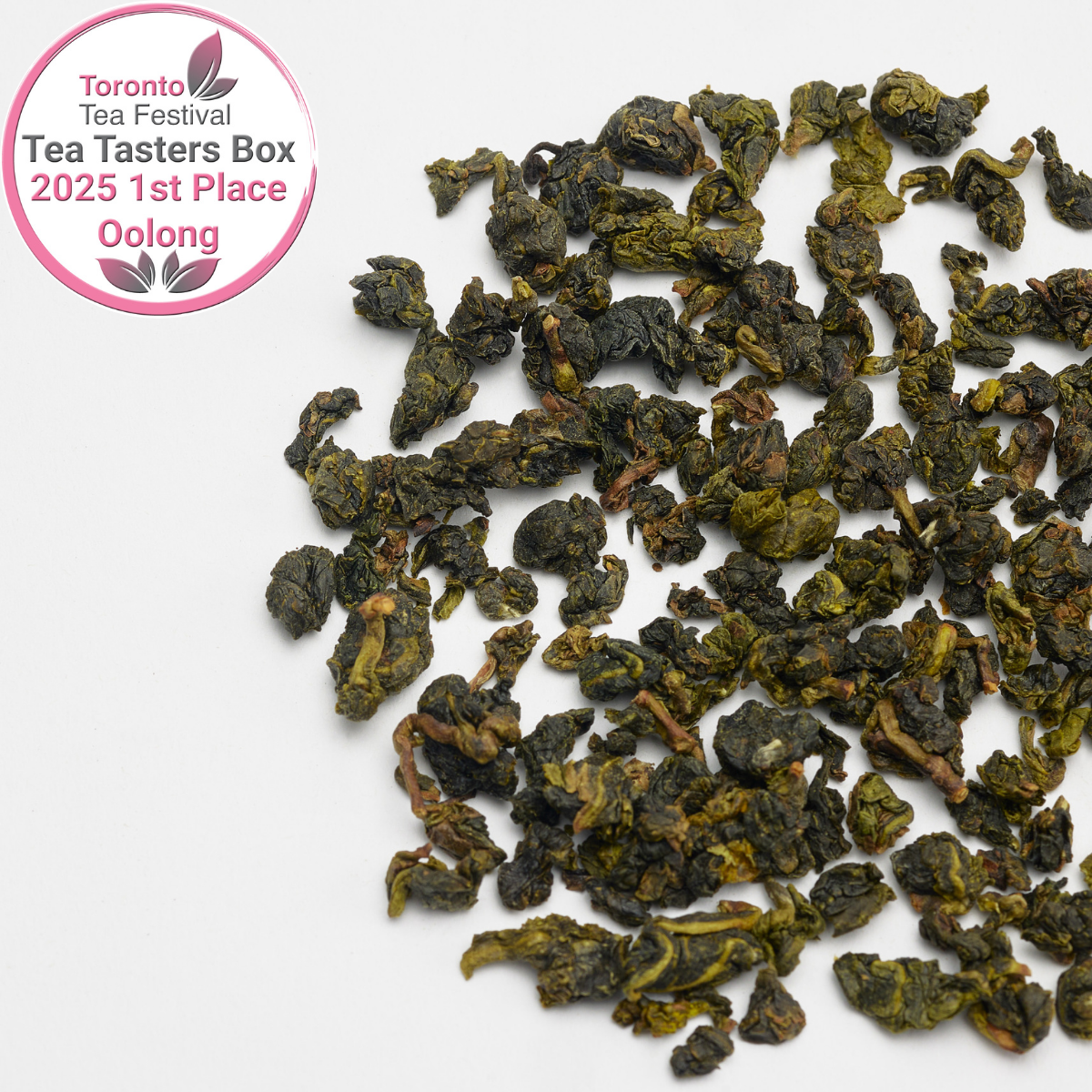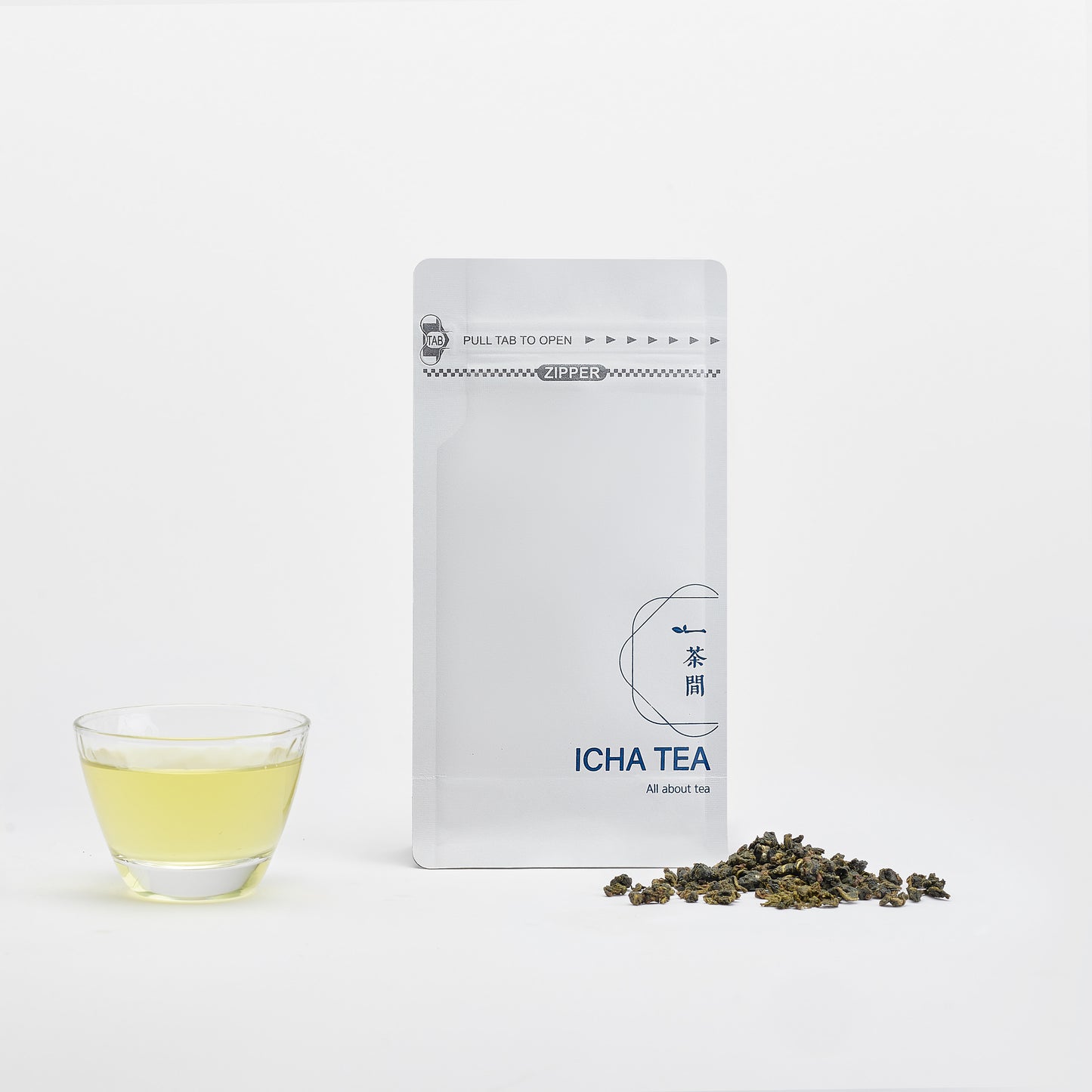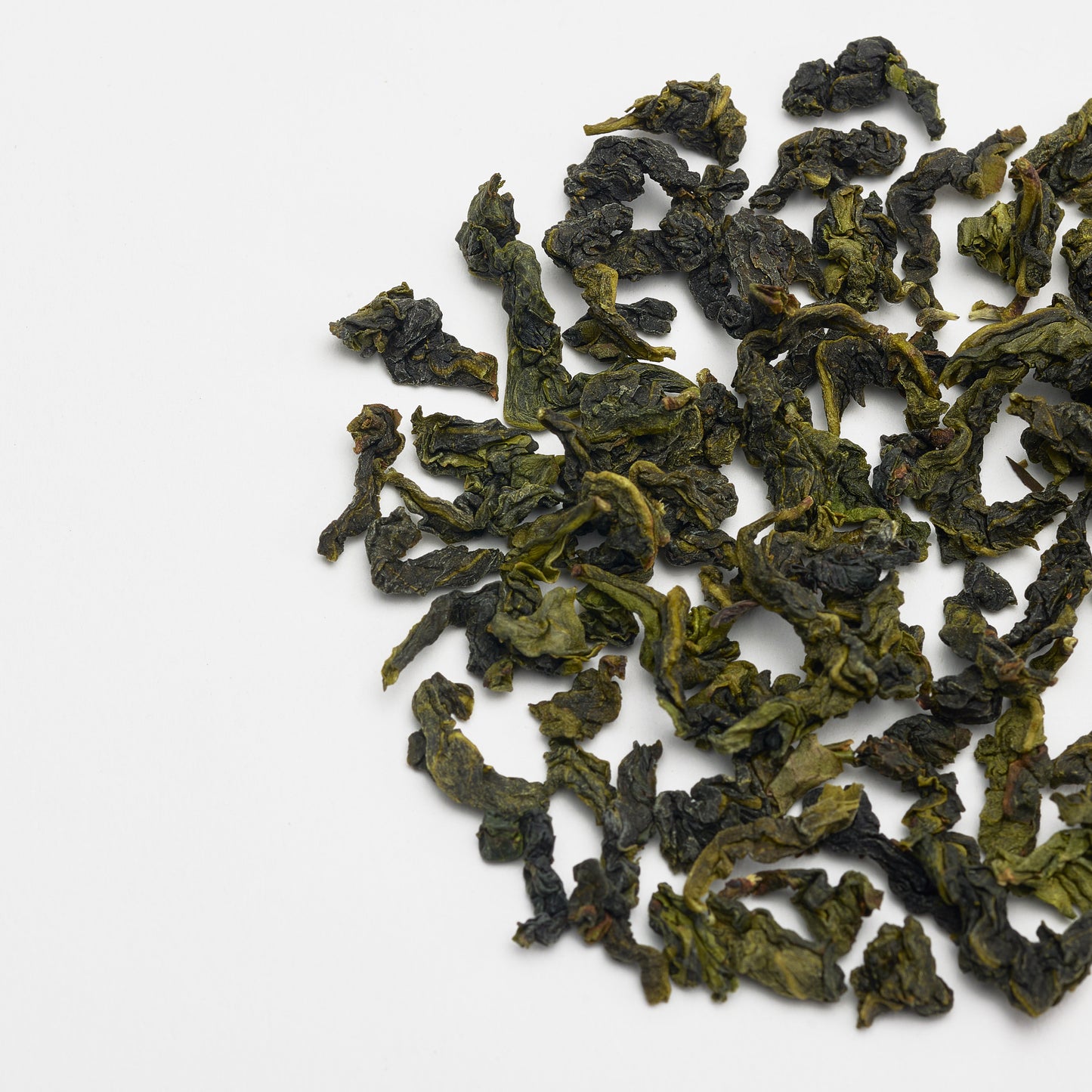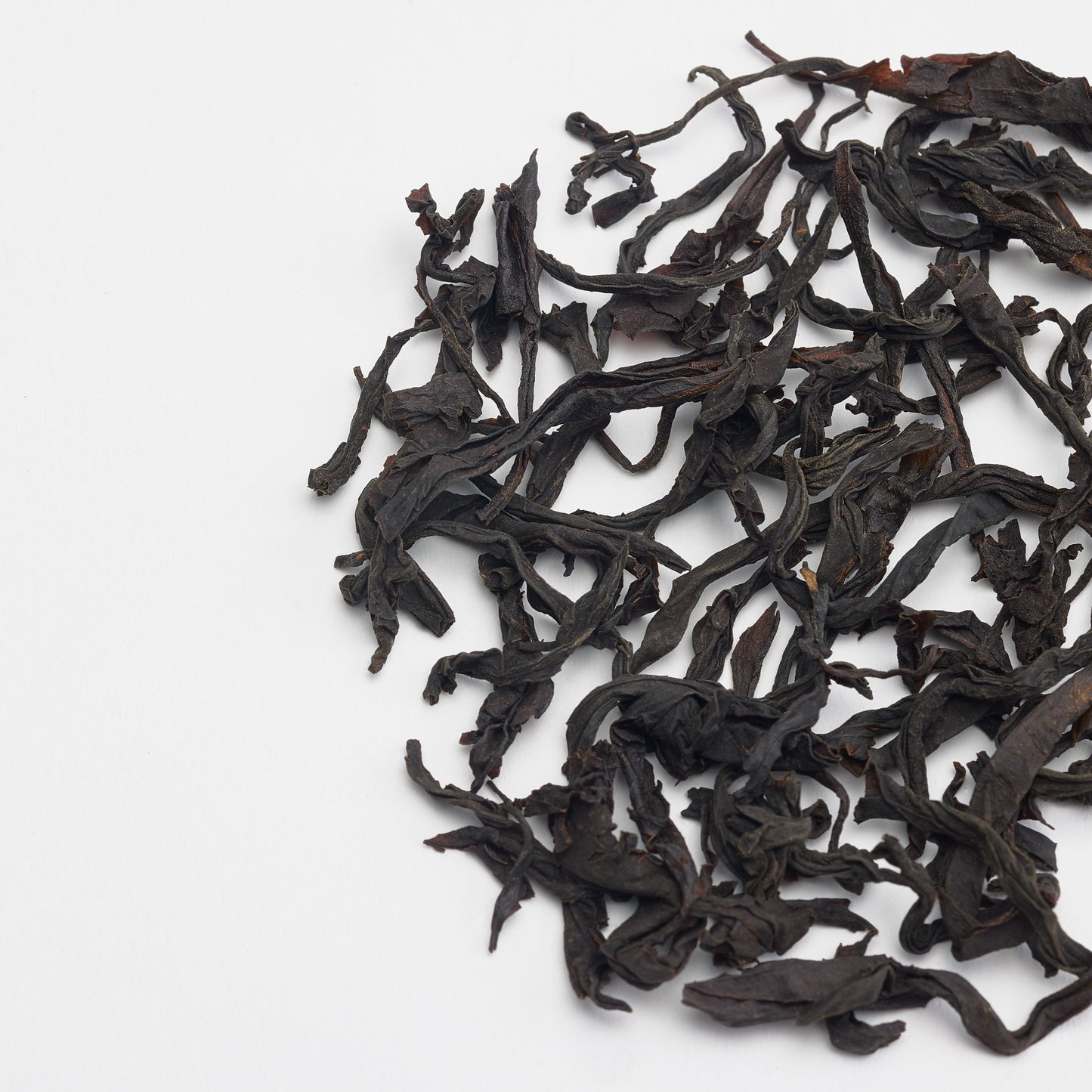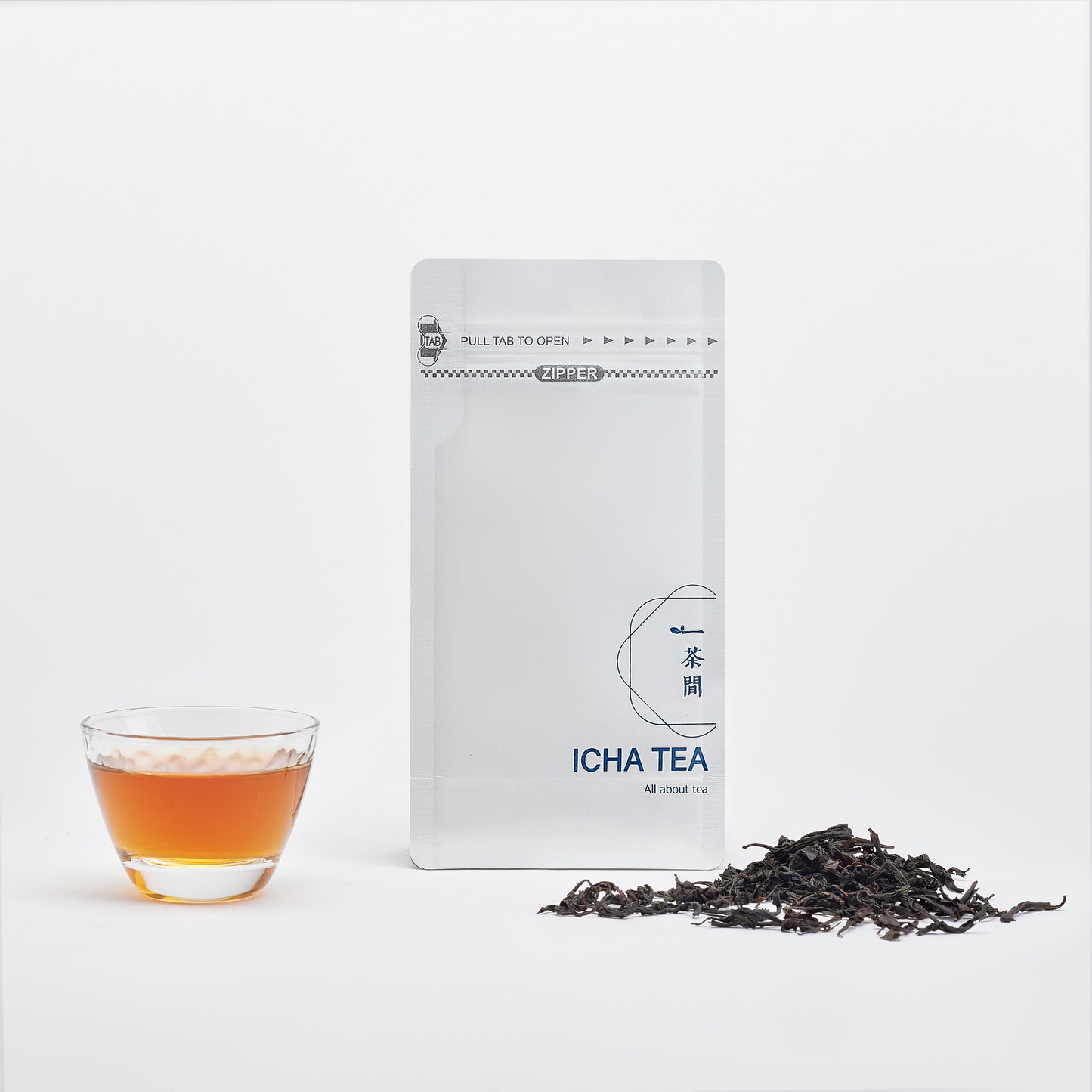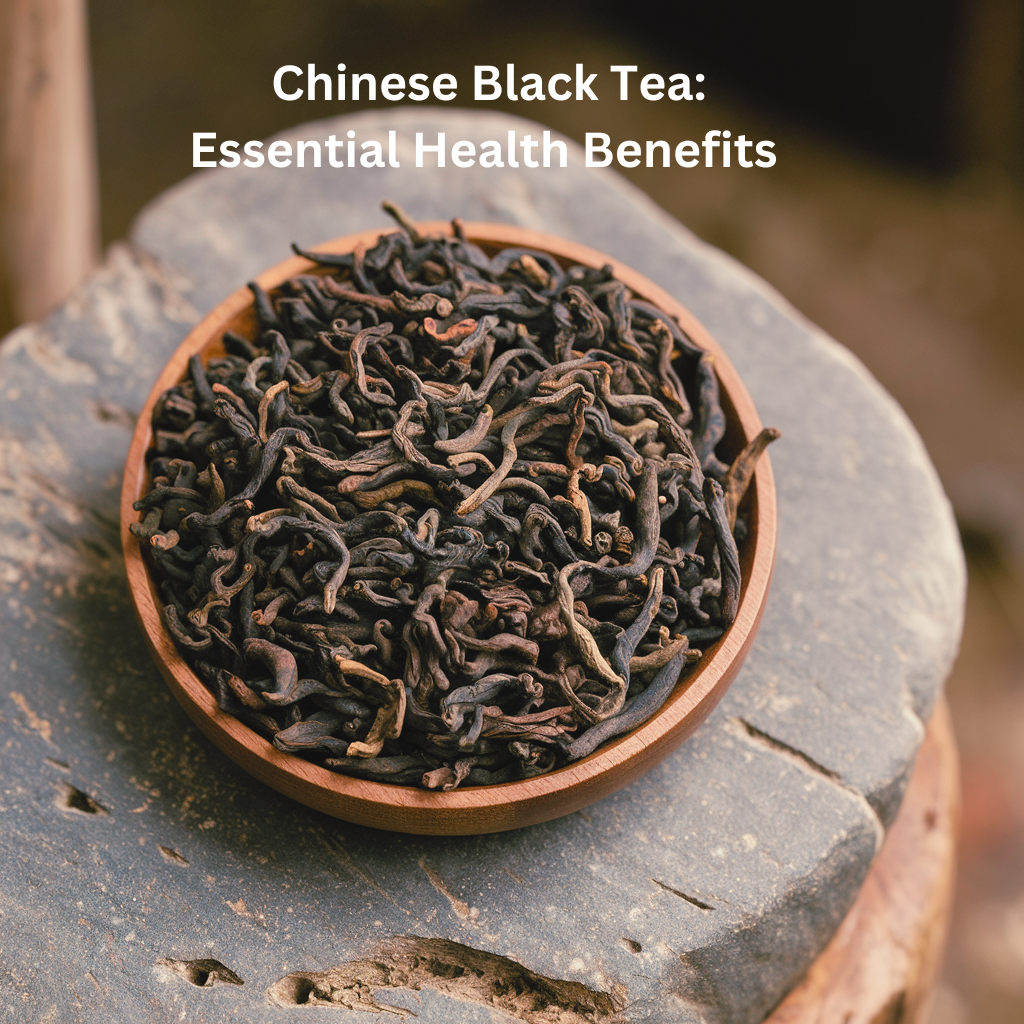
For centuries, black tea has been revered not just as a beverage, but as a cornerstone of cultural traditions and natural wellness. Today, modern science is validating what ancient Chinese tea masters long understood about this remarkable brew's health-promoting properties.
What is Black Tea: Origins and Processing
In China, black tea (known as "hong cha" or red tea) emerged during the Ming Dynasty as tea artisans perfected the art of full oxidation. Unlike green tea, black tea leaves undergo a complete oxidation process, transforming their chemical composition and creating the rich, robust flavours we associate with fine black teas.
The process begins with fresh tea leaves harvested from Camellia sinensis plants. These leaves are withered, rolled, fully oxidized, and fired using techniques refined over generations. This comprehensive oxidation develops not just the signature dark color and bold taste, but also creates unique compounds that contribute to black tea's health benefits.
Essential Health Benefits of Black Tea
Modern research has revealed black tea's impressive array of bioactive compounds, particularly theaflavins and thearubigins. These potent antioxidants help combat oxidative stress and inflammation in the body. Regular consumption has been linked to improved cardiovascular health, with studies showing potential benefits for blood pressure regulation and cholesterol management.
The caffeine content in black tea, typically ranging from 14-70mg per cup, provides sustained energy without the jitters often associated with coffee. This caffeine combines with an amino acid called L-theanine to promote alert relaxation.
Digestive health also benefits from black tea consumption. The compounds in black tea support beneficial gut bacteria while potentially reducing inflammation in the digestive tract. Additionally, research suggests regular black tea consumption may support immune function through various mechanisms, including the production of virus-fighting compounds.
Premium Chinese Black Tea Varieties
China produces several distinguished black tea varieties, each with unique characteristics:
Lapsang Souchong (Zhengshan Xiaozhong), from the misty Wuyi Mountains, offers refined pinewood, dried longan, and dark caramel notes. Each batch is handpicked from small farms using traditional, pesticide-free methods to capture the region's distinctive character.
Osmanthus Black Dragon, from Xihu, Hangzhou, features silver hook-shaped leaves with golden tips, scented with fresh osmanthus flowers. Its complex profile combines floral notes, Japanese apricot sweetness, and a smooth, moist mouthfeel.
Mei Zhan Jin Jun Mei, from the misty Wuyi Mountains, features golden-tipped needle leaves with chocolate and malt aromas. The bright reddish brew offers honey sweetness, fruit, and floral notes with lasting depth.
Yunnan Dian Hong, from Yunnan's high mountain regions at 1,000m elevation, features hand-picked leaves and buds, slowly grown and traditionally processed for intense flavor and full oxidation. It has a strong taste with some astringency and a long sweet floral after-taste.
Oriental Jasmine, from Fujian province, is a rare black tea that’s scented five times with fresh jasmine flowers, hand-picked at dawn and applied at night when the blooms open. Each round uses new flowers to create an exquisite floral fragrance.
Ruby Black Tea, from China, this unique tea is a hybrid of wild Formosan and Burmese Assamica varieties. Fully oxidized with distinctive character, it has a unique flavour profile with cinnamon and eucalyptus. It is very fragrant and rich but much lighter and sweeter than an Assam.
How to Maximize Black Tea Benefits
To extract optimal benefits, brew black tea for 3-5 minutes in water heated to 90-95°C (194-203°F). This timing allows for full flavor development while preventing excessive tannin release. Most Chinese black teas can be steeped multiple times, with each infusion revealing different aspects of their character.
For maximum antioxidant absorption, consider drinking your tea without milk, as some studies suggest dairy proteins may bind to beneficial compounds. Consuming black tea between meals can also help prevent potential interference with iron absorption from food.
Potential Side Effects and Considerations
While black tea offers numerous benefits, mindful consumption is important. The caffeine content, though moderate, may affect sensitive individuals or disrupt sleep if consumed late in the day. Those with iron-deficiency anemia should avoid drinking tea with meals, as tea compounds can reduce iron absorption from food.
Pregnant women and individuals with certain medical conditions should consult healthcare providers about appropriate tea consumption. Generally, limiting intake to 3-4 cups daily helps maximize benefits while minimizing potential side effects.
Black tea's rich heritage and health benefits make it a valuable addition to a healthy lifestyle. Whether you're seeking the refined complexity of Keemun or the bold character of Yunnan Black, Chinese black teas offer something for every palate while providing numerous health advantages. By understanding proper brewing techniques and consumption guidelines, you can fully enjoy these exceptional teas while benefiting from their health-promoting properties.

